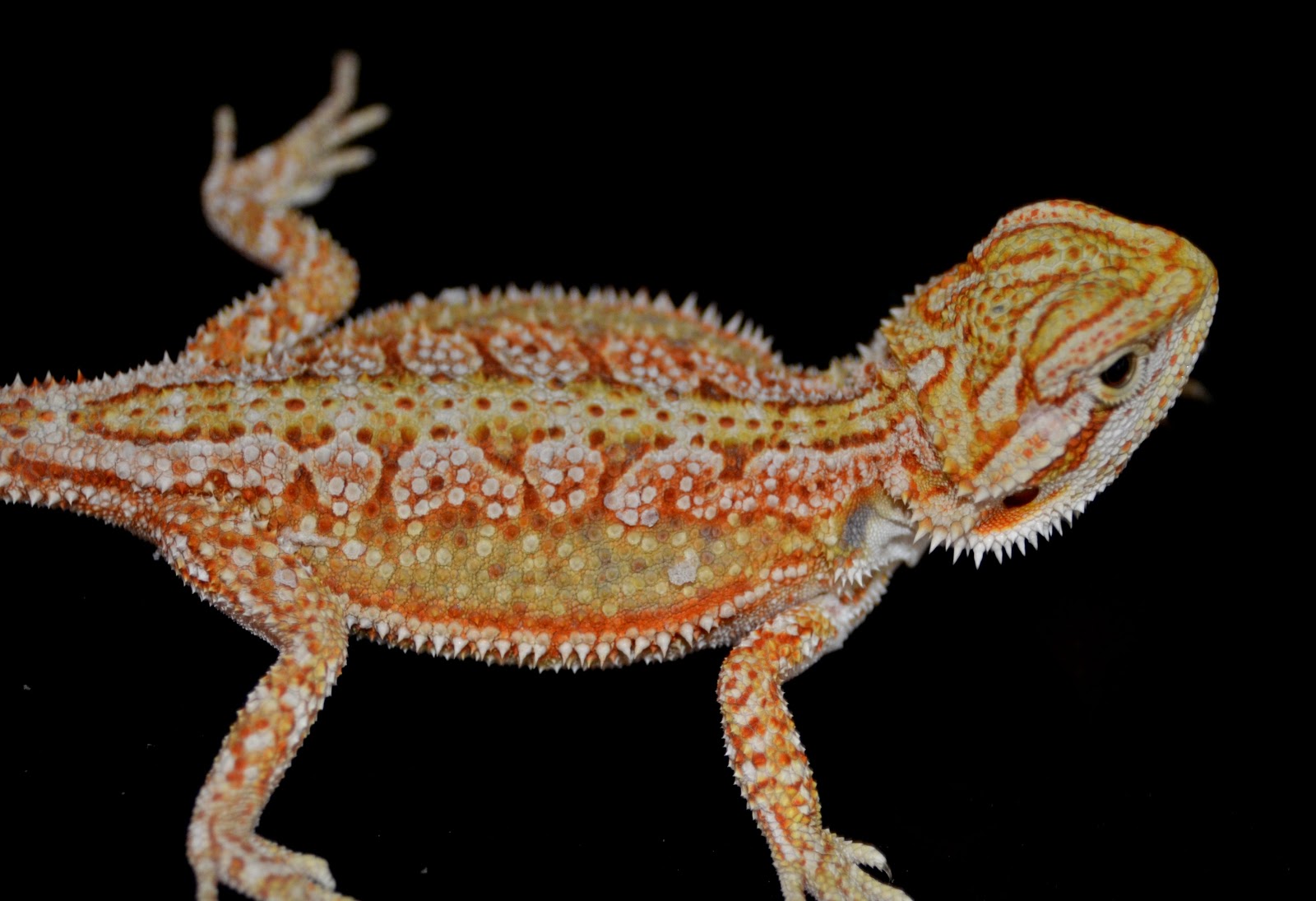Why Your Bearded Dragon Might Not be Eating in Winter and What You Can Do About It
Introduction
Bearded dragons are fascinating reptiles that make great pets. However, they can be a bit fussy when it comes to eating, especially during winter. If you find that your bearded dragon is not eating as much as usual during the winter months, there are a few reasons why this might be happening. In this blog post, we will discuss the reasons why your bearded dragon might not be eating in winter and what you can do about it.
Reasons Why Your Bearded Dragon Might Not be Eating in Winter
There are several reasons why your bearded dragon might not be eating as much during the winter months. Some of these reasons include:
- Low Temperatures
- Winter Blues
- Lack of Appetite
- Brumation
Low Temperatures
Bearded dragons are cold-blooded animals and require specific temperatures to digest their food properly. If the temperature drops too low, your bearded dragon’s metabolism can slow down, which can cause them to stop eating. During winter, it can be challenging to maintain the optimal temperature in your bearded dragon’s enclosure. Therefore, it is essential to provide them with a warm spot to bask in and regulate their body temperature.

Winter Blues
Like humans, bearded dragons can experience seasonal affective disorder (SAD) during the winter months. This condition, also known as the winter blues, can cause them to lose their appetite and become lethargic. To prevent this, you can try to increase the amount of natural light exposure they receive or invest in a UVB lighting system.

Lack of Appetite
Bearded dragons are generally good eaters, but there may be times when they have a lack of appetite. This could be due to several reasons, including illness, stress, or boredom. It is essential to keep a lookout for any signs of illness or stress, as this could be a reason for their lack of appetite. If you suspect that your bearded dragon is sick, seek veterinary attention immediately.
Brumation
Brumation is a hibernation-like state that some bearded dragons go through during the winter months. During brumation, they may not eat or move around much at all. While this can be alarming for pet owners, it is a natural process that allows your bearded dragon to conserve energy during the colder months. However, if you notice that your bearded dragon has not eaten for an extended period, or loses a significant amount of weight, seek veterinary attention.
What You Can Do About It
If you find that your bearded dragon is not eating much during the winter months, there are several things you can do to help stimulate their appetite:
- Provide them with a warm spot to bask in and regulate their body temperature.
- Increase their exposure to natural light or invest in a UVB lighting system.
- Offer them a variety of food, including live insects and fresh vegetables.
- Keep their enclosure clean and well-maintained.
- Seek veterinary attention if you suspect that your bearded dragon is sick or not eating due to an underlying health issue.
Conclusion
Bearded dragons are lovely pets that require proper care, especially during the colder months. If you find that your bearded dragon is not eating as much during the winter months, don’t panic. Follow the tips we’ve outlined in this blog post, and you’ll be able to stimulate their appetite and keep them healthy throughout the winter months.
